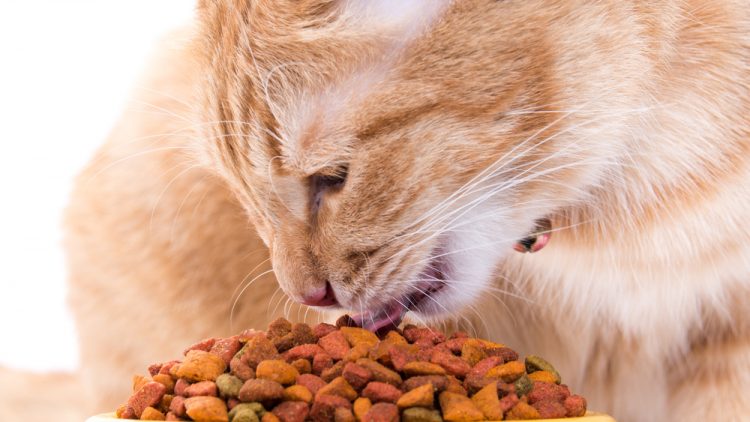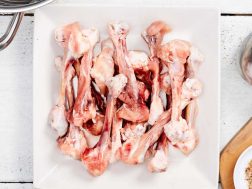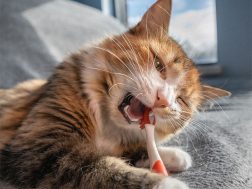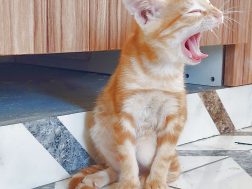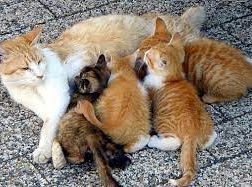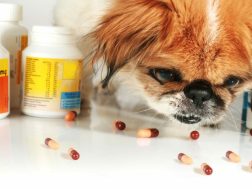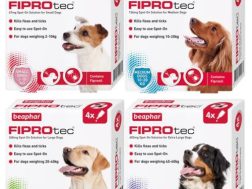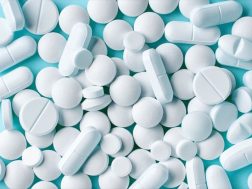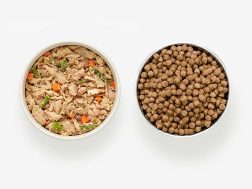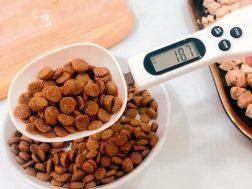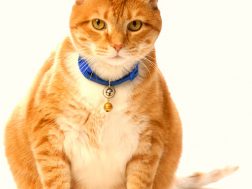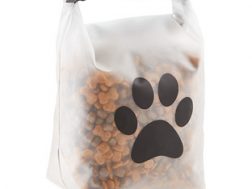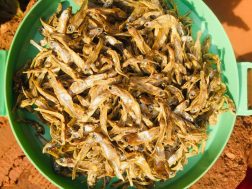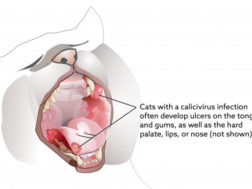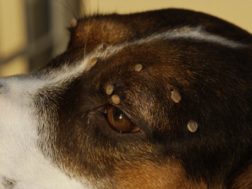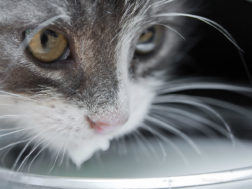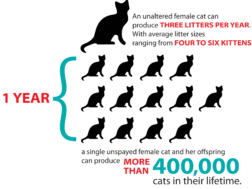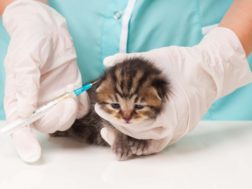Dry Kibble Leads to Causes of Kidney Disease in Cats
Chronic kidney disease (CKD) is also referred to as chronic renal disease or chronic renal failure. CKD in cats is a heart breaking disease for pet owners. Sadly, it is estimated that over half of the population of cats 10 years of age or older suffer from Chronic Kidney Disease. While there are many different factors that contribute to your cats renal disease. The most common and most preventable cause is off the shelf commercial dry cat food. The reason is that cats fed exclusively dry food suffer from chronic dehydration, which leads to stress on the kidneys over time.
A cat’s natural diet contains high protein and high moisture. Organic raw cat food is protein based and formulated with proper moisture content (75%+) to help your kitty stay hydrated. Unfortunately, the moisture content in dry kibble is only 7%-10%, and your cat should be getting a considerable amount of water everyday from food for urinary tract health.
The food we eat provides fuel, and the better the food, the better the energy, or fuel. The same can be said for feeding your cat. However, cats lack the major pathway containing the enzyme glycosidase, used to break down carbs into simple sugars. Cats do have the ability to digest carbohydrates, but they will quickly turn directly into fat instead of fuel. Felines use mostly protein and fat from their diet for fuel. So when we feed them highly processed ingredients with artificial flavors found in dry cat food, we are essentially giving them junk food. The equivalent is giving your kids sugar-based processed foods everyday and for every meal, it is unhealthy.
Feline Obesity
Caused by a dry cat food diet can result from the feeding method called free-feeding (leaving a bowl full of food out all day), and from the low water content. Because of the low moisture, dry pet foods have more caloric-density than fresh pet foods and even canned pet food.
Dehydration
From a life long diet of dry cat food will eventually lead to urinary tract issues and chronic kidney disease, especially for older animals. Other complications as a result of dry kibble include feline type II diabetes and the formation of urinary crystals or stones. Please be aware of the following signs and consult your vet if you suspect chronic kidney disease (CKD) in your cat.
Signs of Feline Kidney Disease
- Frequent Urination
- Urinating Outside Litter Box
- Constipation
- Drinking Lots of Water
- Decrease appetite and Weight Loss
- Ulcers in the Mouth and Bad Breath
- Unusual Weakness or Indifference
- Dry Coat
Note: The advice provided in this post is intended for informational purposes and does not constitute medical advice regarding pets. For an accurate diagnosis of your pet’s condition, please consult your vet.
You May also Like this
Healthy Teeth without Brushing Providing your cat with meaty bones, such as...
Is rabies vaccine necessary for indoor cats? Should you vaccinate an indoor...
Feline Calicivirus Infection in Cats Feline calicivirus is a highly contagious virus...
Ticks are small blood-sucking parasites that can transmit very serious diseases. They...
Intestinal tapeworms and roundworms are very common in kittens and adult cats...
The importance of vaccinations to the overall health and longevity of your...


